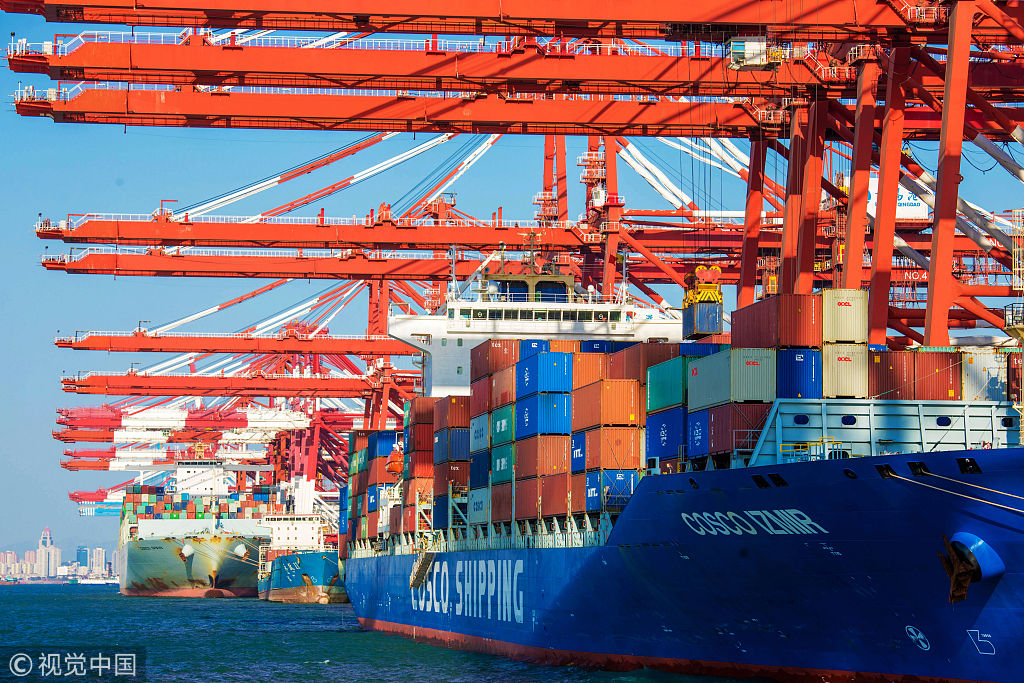Negative lists shortened to encourage investment


China's new negative lists, which were shortened to introduce greater opening-up, will take effect on July 30, the country's top economic regulator said.
Negative lists identify sectors in which foreign participation is restricted. Experts said the shortened lists will help China foster high-quality growth and a better business climate for foreigners.
The National Development and Reform Commission and Ministry of Commerce, released two updated negative lists for this year on Sunday. The lists, for nationwide implementation, now comprise 40 detailed regulations for foreign investors, down from 48, while the one for free trade zones has 37 listed items, down from 45.
Although economic globalization has been impeded by unilateralism and protectionism, and cross-border investment is affected by trade frictions, China's policy remains unchanged with respect to opening up to the outside world and will continue to ease market access, a news release from the NDRC said.
The move not only improves international cooperation but also boosts the country's development, the news release said.
"As China's economy is transitioning to a phase of high-quality growth, the country needs to further open up its economy," said Li Gang, director of the academic committee of the Chinese Academy of International Trade and Economic Cooperation.
"To expand high-level opening-up, China will fully implement the management system of preestablished national treatment and negative lists to encourage foreign investment."
"In fact," he added, "many of our industries are still at the low to medium tier in the global market. So we need to take key measures to further improve the business environment and expand market access, encouraging more foreign investment to usher in advanced manufacturing, modern services and other key sectors. That will help China foster high-quality growth and innovative economic upgrading."
According to the NDRC announcement, the service sector will see greater opening-up. The new lists lifted restrictions that the Chinese side must control domestic shipping agencies and gas and heat pipelines in cities with populations of more than 500,000. Restrictions that cinemas and performance brokerage institutions must be controlled by the Chinese side were also eliminated.
Through the shortened lists, the government widened market access for foreign investors in agriculture, mining and manufacturing. The lists also lifted prohibitions on foreign investment in the exploitation of wildlife resources. Restrictions were canceled on exploration and development of petroleum and natural gas, which have been limited to Chinese-foreign equity joint ventures or non-equity joint ventures.
Based on the nationwide list, this year's version of the FTZ negative list for foreign investment abolishes restrictions on foreign investment in such areas as aquatic products, fishing and publications.
On Sunday, the NDRC and the Ministry of Commerce also released a new industry catalog for encouraging foreign investment, which aims to encourage more foreign investment in modern agriculture, advanced manufacturing, technology and modern services.
China's FDI surged 4 percent year-on-year to $139 billion in 2018.




































